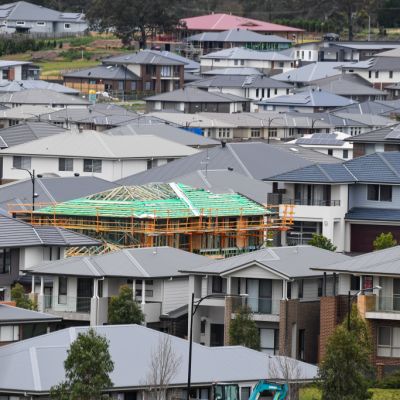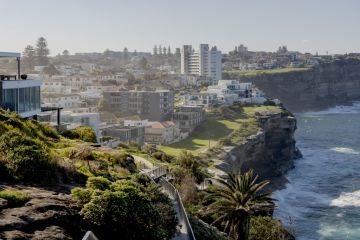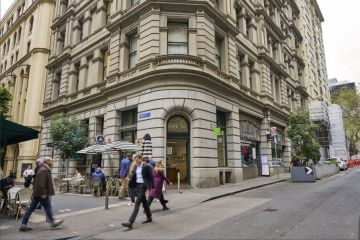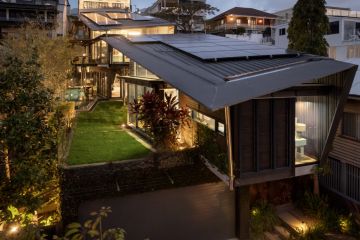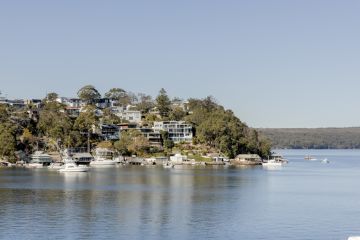Forget the tree change: Why cities are more important than ever
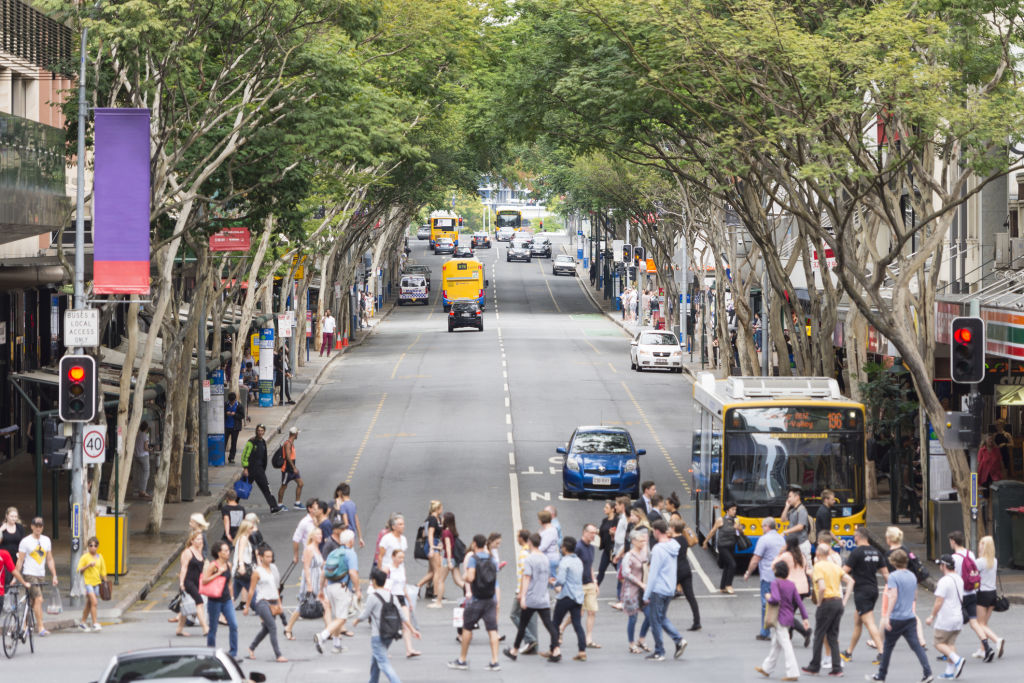
Since the pandemic hit, tree changes have been in the spotlight, but cities will be key for innovation and social tolerance in a post-COVID-19 world, experts say.
City dwellers have been moving to regional areas in droves as they became able to work from home in a cheaper and larger property, enjoying a slower-paced lifestyle without the commute.
But despite the negativity around teeming cities during a pandemic, for many, they are still the place to be because of their diversity.
Instead of pushing further down the path of decentralisation, the need to nurture our once-vibrant metropolis back to life will be important not only for productivity and innovation but also social tolerance and democracy in a post-pandemic world, researchers warn.
There’s no doubt working from home will shake up how cities operate, many fundamentals will remain, according to RMIT sustainability and urban planning research officer Thami Croeser.
The age-old concept in urban economics called “agglomeration economics” – the idea that things work better when they are near each other and a lot of people – has created and supported the existence of cities, Mr Croeser said.
“A lot of the best things in life actually need a significant population to support them,” he said. “That includes fine dining and cultural institutions – arts, live music, theatre – basically all the things that make Melbourne a famous world city. You need big numbers for this.”
This in itself draws more high-skilled people to the area, which adds to a bigger and more diverse labour pool, Mr Croeser said. But cities – or density – enable economies to be more efficient and allow for specialist services, professions and niches.
“You can join an ice hockey team in Melbourne, buy a super-rare, small-batch coffee or gin, see a jazz gig on a Tuesday night, or see a doctor who specialises in exactly the rare ailment that you have,” he said.
This collective interaction of diverse people becomes valuable in the workforce, allowing for different points of views and “random encounters” between different professions, which becomes a source of innovation.
Perhaps most importantly, cities are places to encounter people very different from us, Mr Croeser said.
“Whether based on their ethnicity, culture, sexuality or ability. It’s on our streets, in pubs and in major public spaces, where we meet large numbers of really different people,” he said. “This may be quite important to democracy and social tolerance.
“Having places where you can see people who are very different from you and living quite normally is quite important to the health of democracy.
“The real message is the identity of Melbourne is built on all these industries that only work with all these people together … Melbourne has a great food, music and arts culture. When that comes back again, we’ll see why cities are great.”
Ultimately, the benefits of city life have not changed significantly, according to demographer Simon Kuestenmacher, co-founder of The Demographics Group.
“The kind of (knowledge heavy) jobs that people have, benefit from collaborating with others in a direct way – cities are made for this,” he said.
When international travel is almost non-existent, cities also provide the opportunity to have different experiences in your own backyard.
“That’s what cities have always done. Cities provided a window to the world,” Mr Kuestenmacher said. “Think about Chinatown. That was a vibrant phenomenon in many cities well before people travelled regularly.”
Cities have taken a huge blow thanks to lockdowns and the anti-density sentiment that arose from the pandemic but can recover, according to Mr Kuestenmacher.
“Think about San Francisco. It was a thriving city in the ’70s and ’80s, and there was a big earthquake, and everybody said ‘that’s the end’ – that wasn’t the case,” he said.
“If a city has something to offer before a catastrophe, then it has something to offer afterwards.
“You can’t recreate culture, a dating scene, especially if it’s a niche culture or dating scene.”
We recommend
We thought you might like
States
Capital Cities
Capital Cities - Rentals
Popular Areas
Allhomes
More

